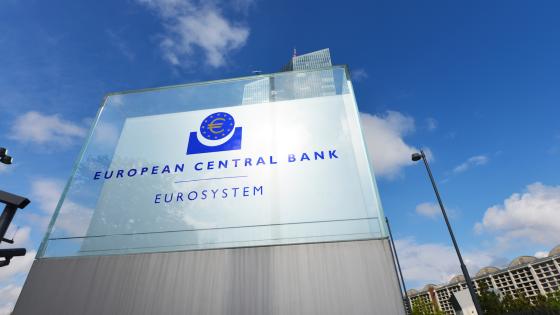DP16411 Fiscal and monetary policy interactions in a low interest rate world
We analyse fiscal and monetary policy interactions when interest rate policy is hampered by the zero lower bound (ZLB) in an environment where expectations are formed with perpetual learning. The ZLB induces a deterioration of economic performance and raises the risk of persistent lowflation that can disanchor inflation expectations and lead to debt deflation. Systematic use of quantitative easing (QE) can partially substitute for interest rate easing and, if sufficiently aggressive, can maintain average inflation in line with the central bank's goal. By compressing term premia on long-term interest rates, QE creates fiscal space that facilitates expansionary fiscal policy and reduces debt-deflation risk. The ZLB can be counteracted with less aggressive QE if mildly negative policy rates are feasible, if more countercyclical fiscal policy can be activated, or if the central bank can credibly communicate a clear inflation goal. Timidity in implementing QE and excessively debt-averse fiscal policies are counterproductive.


